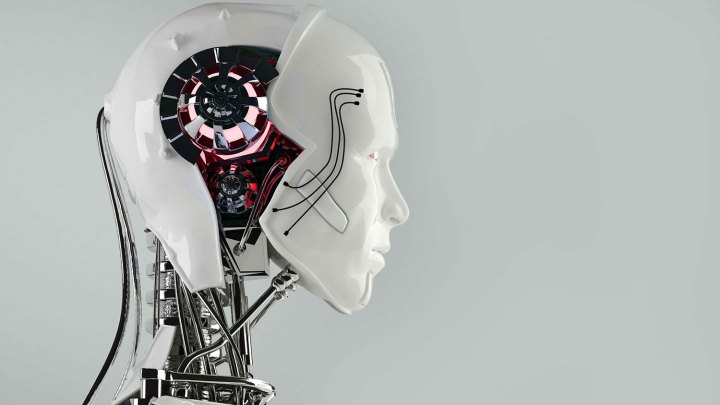
The Partnership on Artificial Intelligence to Benefit People and Society (aka the Partnership on AI) is a non-profit whose members include Amazon, Google, Facebook, IBM, and Microsoft.
As its lengthier title suggests, the organization’s mission statement is to “address opportunities and challenges with AI technologies.” It aims to achieve this goal through research, which will be made available to the public, on topics related to AI such as ethics, privacy, transparency, the exchange of information between machine learning systems, and collaboration between people and AI. Additionally, the partnership plans to host discussions, conferences, and outreach with the public. Their interest does not, however, lie with lobbying governments or policy-making bodies.
The founding members will each contribute financially to the partnership (fortunately they all have deep pockets) and will share leadership with third parties, including academics, user group advocates and industry experts.
“AI technologies hold tremendous potential to improve many aspects of life, ranging from healthcare, education, and manufacturing to home automation and transportation,” the Partnership on AI writes in its press release. “We will share our work openly with the public and encourage their participation. The actions of the Partnership, including much of its discussions, meetings, results, and guidance, will be made publicly available.”
The individuals that make up the organization currently include Yann LeCun (Facebook’s AI chief), Mustafa Suleyman (head of applied AI at Google’s DeepMind), Professor Francesca Rossi (research scientist at the IBM T.J. Watson Research Centre), Ralf Herbrich (director of machine learning at Amazon), Greg S. Corrado (senior scientist at Google), and Eric Horovitz (managing director of Microsoft’s Redmond, Washington research lab).
The companies represented by the founding members have been developing AI for years. Only now, that technology plays a bigger part within their consumer-facing platforms in the shape of conversational bots (which users can interact with on Microsoft’s Skype, and Facebook). Meanwhile, digital assistants, such as Amazon’s Alexa platform, and IBM’s Watson, are catered toward both private and public spaces. And let’s not forget self-driving cars. Therefore, as the technology begins to proliferate, the need to illustrate the impact of AI on society — and to assuage any fears or misunderstandings — is greater than ever.
The Partnership on AI has yet to select its board of directors, which will eventually include an equal number of corporate and non-corporate members, including representatives from each of the founding companies. The group is holding discussions over future participants with the Association for the Advancement of Artificial Intelligence (AAAI), as well as non-profit research group the Allen Institute for Artificial Intelligence (AI2).
Microsoft, Google, IBM, and Facebook are already members of the Open Compute Project through which they share the designs of their open-sourced computer infrastructure (including AI systems) with fellow tech giants such as Apple and Samsung, among others.
Editors' Recommendations
- Don’t roll your eyes — AI isn’t just another doomed tech fad
- Tech CEO Congressional Hearing: Recap of the biggest moments you missed
- Tech giants back suit against Trump rule that may deport students
- Trump says Silicon Valley execs will join ‘Opening the Country’ council
- The coronavirus crisis makes it clear: We’re not ready for an online-first world


